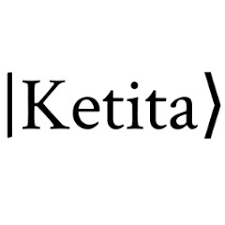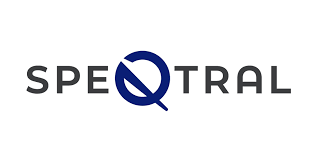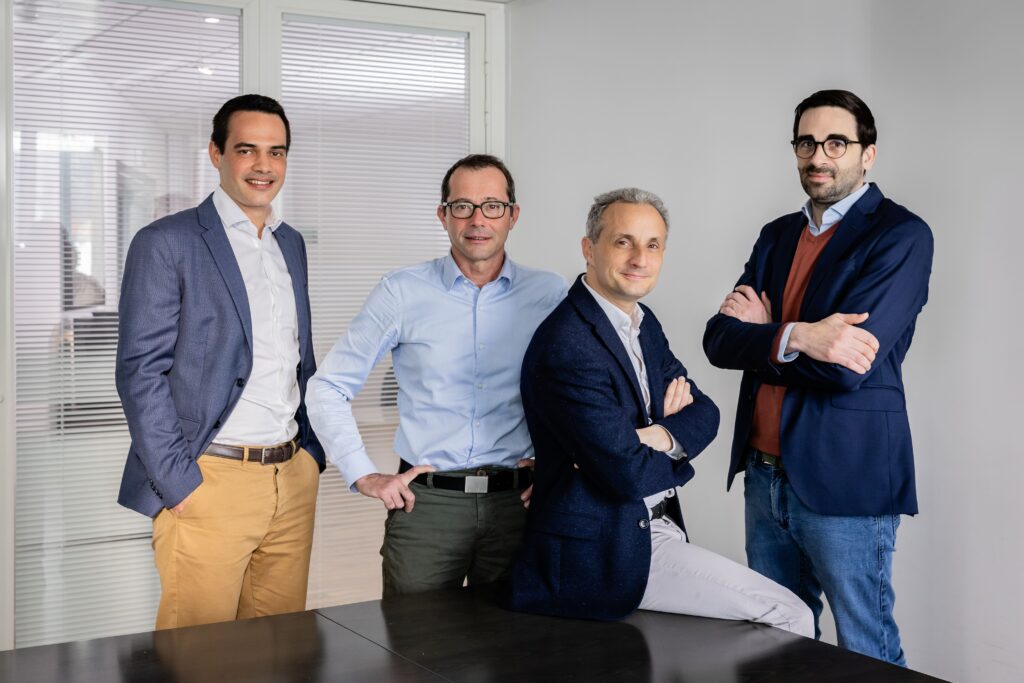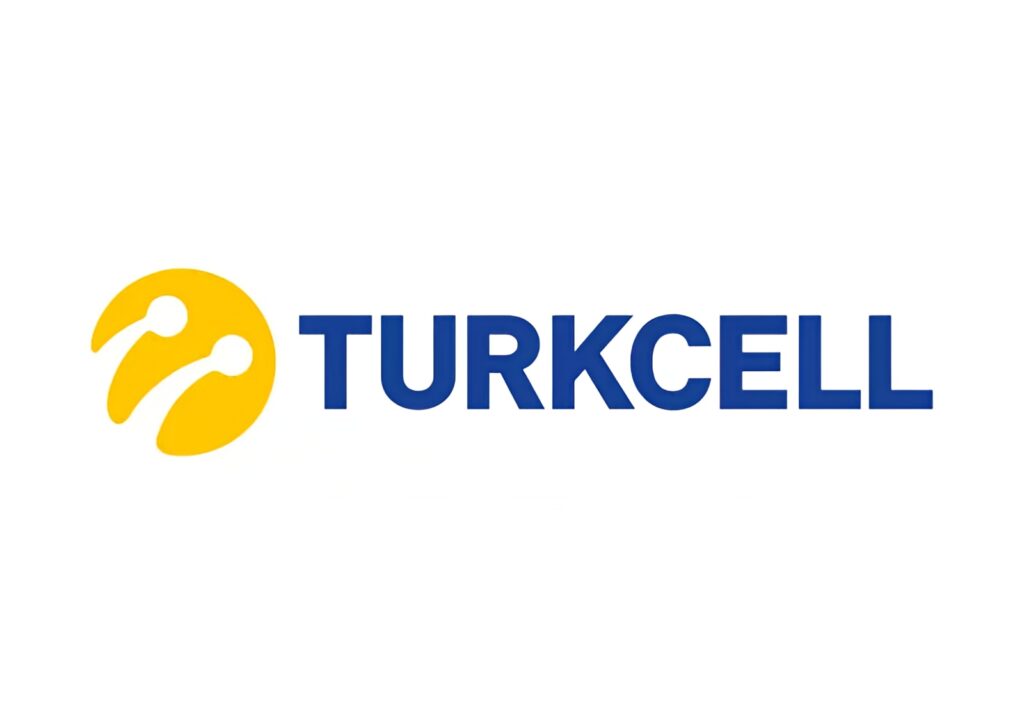
Stumbling Block
Startups begin life in many shapes and forms: it could be a few college buddies coming together, or a prophetic founder with a vision recruiting for talent online. For many technological initiatives, this is a good way to go about starting the journey towards entrepreneurial success. Quantum computing (QC), however — especially for those startups hoping to manufacture hardware/full-stack solutions — the prohibitive costs involved can more often than not be the stumbling block to getting the company off the ground.
A way forward that can be the difference between success and failure is to begin life as a spinout from a university or academic research centre. A spinout, in essence, is a company that has come about off of the research done at its parent university. The management or board of the startup will usually comprise of academics and researchers in the specialist field along with current Ph.D. students as employees. Funds for the initiative are usually provided by the university or a venture fund with close ties to the said university. Another boon is the startup can customarily take advantage of the university’s research facilities for its own commercial needs.
This is a win-win situation for both startup and university.
Here, then, is a TQD list of startups whose commercial life is owed, in part or in full, to the connections of a higher learning institute:

AegiQ (Sheffield University)
equal1.labs (University College Dublin)
Ketita Lab (University of Tartu)

Kiutra (Technical University of Munich)
Nu Quantum (Cavendish Lab at the University of Cambridge)
Orange Quantum Systems (QuTech)
Oxford Ionics (Department of Physics at the University of Oxford)
Oxford Quantum Circuits (Clarendon Laboratory University of Oxford)
Phase Space Computing (Linköping University)
Photonic Inc (Silicon Development Lab at Simon Fraser University)
PQShield (Mathematical Institute at the University of Oxford)

Qilimanjaro Quantum Tech (Barcelona Supercomputing Center, the Institute of High Energy Physics and the University of Barcelona)
QRate Quantum Communications (Russian Quantum Center)
Quantum Benchmark Inc (Institute for Quantum Computing and the University of Waterloo)
Quantum Brilliance (Australian National University)
Quantum Dice (University of Oxford)
Qubit Pharmaceuticals (CNAM, CNRS, the University of Texas at Austin, Sorbonne University and Washington University)
Qunnect (Quantum Information Technology group at Stony Brook University)
Quside (The Institute of Photonic Sciences in Barcelona)
Single Quantum (Kavli Institute of Nanoscience at TU Delft)
Silicon Quantum Computing (University of New South Wales)
Sparrow Quantum (Niels Bohr Institute’s Quantum Photonics Lab)
SpeQtral (Centre for Quantum Technologies at the National University of Singapore)

Super.tech (University of Chicago)
Universal Quantum (Ion Quantum Technology Group at the University of Sussex)
Zapata Computing (Harvard University)
Impressive Oxford
Of the twenty-six startups listed, four of the spinouts impressively come from the University of Oxford. Is there something in the water in the City of Dreaming Spires to, well, ‘inspire’ so much QC innovation?
As we move deeper into the decade, and QC becomes ever more popular, other universities and scientific research centres — catching on to how quantum information science can change our world for the better — will start doing similar things.
And who knows, maybe by 2025, instead of twenty-six spinouts on the market, there will be twenty-six hundred. TQD would really have its work cut out for it then!
If you found this article to be informative, you can explore more current quantum news here, exclusives, interviews, and podcasts.
















